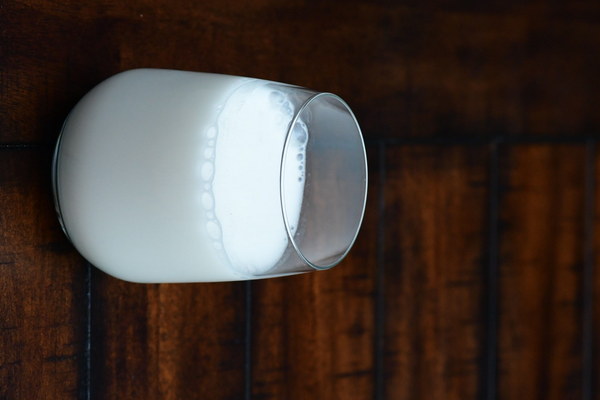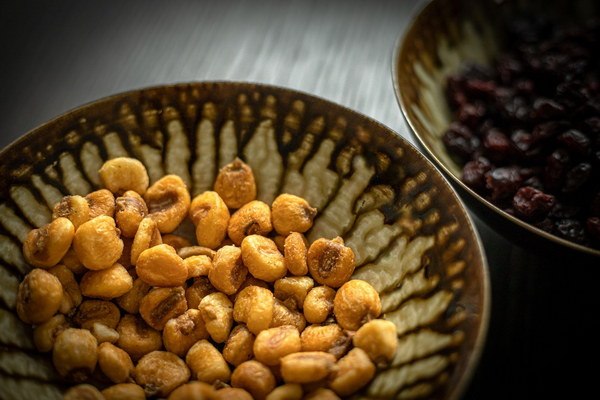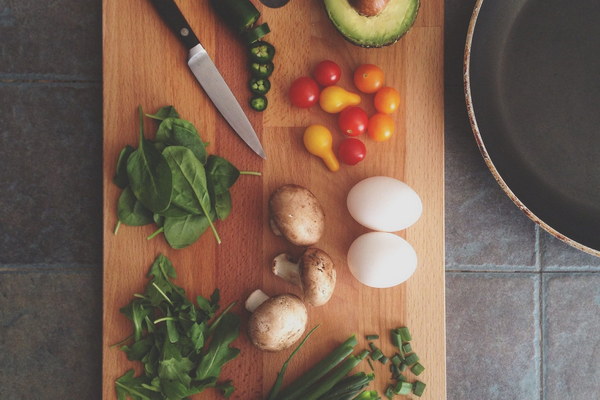Nourish Your Spleen with the Warming Embrace of Millet Congee A Traditional Remedy for Modern Wellness
In the fast-paced world we live in, where convenience often trumps health, it's more important than ever to find simple, natural ways to nurture our bodies. One such traditional remedy that has stood the test of time is the consumption of millet congee, a soothing and nourishing dish that is not only delicious but also believed to have numerous health benefits, particularly for the spleen. Here's a closer look at why millet congee is a staple in many cultures and how it can help maintain a healthy spleen.
The Spleen: A Vital Organ
The spleen is an essential organ located in the upper left quadrant of the abdomen. It plays a crucial role in the body's immune system, blood production, and the filtering of blood. A healthy spleen ensures that the body can fight off infections, maintain blood cell count, and filter out old or damaged blood cells.
Millet: The Ancient Grain
Millet is an ancient grain that has been cultivated for thousands of years. It comes in various types, including pearl, brown, and red millet, each with its unique flavor and nutritional profile. Millet is rich in essential nutrients, including fiber, vitamins, and minerals, which make it an excellent food for overall health.
The Science Behind Millet Congee for Spleen Health
The combination of millet and water, slowly cooked into a thick, creamy congee, creates a soothing and easily digestible meal that is believed to benefit the spleen in several ways:
1. Gentle on the Digestive System: Millet is a gluten-free grain, making it a gentle option for those with sensitive digestive systems. The soft texture of the congee is easy to digest, which is beneficial for the spleen, which helps in the digestion and absorption of nutrients.
2. Nutrient-Rich: Millet is packed with nutrients like magnesium, phosphorus, and B vitamins, all of which are important for maintaining a healthy spleen. Magnesium, for instance, is known for its role in reducing inflammation, which can be beneficial for the spleen.
3. Blood Sugar Regulation: Millet has a low glycemic index, which means it does not cause a rapid spike in blood sugar levels. This can help in managing blood sugar levels, which is important for the spleen's function, especially in individuals with diabetes.
How to Make Millet Congee
Here's a simple recipe for making millet congee:
Ingredients:
- 1 cup millet
- 8 cups water

- Optional: a pinch of salt, a few dates, or a slice of ginger
Instructions:
1. Rinse the millet thoroughly under cold water to remove any dust or impurities.
2. In a large pot, combine the millet and water.
3. Bring the mixture to a boil over medium heat, then reduce the heat to low.
4. Simmer for about 1 to 2 hours, stirring occasionally, until the millet has softened and the mixture has thickened into a creamy congee.
5. Add salt, dates, or ginger if desired, and continue to simmer for another 10-15 minutes.
6. Remove from heat and let it sit for a few minutes before serving.
Conclusion
Millet congee is more than just a comforting meal; it's a traditional remedy that can support the health of your spleen. By incorporating this nourishing dish into your diet, you may be able to reap the benefits of a healthy spleen and enjoy overall well-being. So, the next time you're looking for a warm and soothing meal, consider giving millet congee a try and savor the ancient wisdom it brings to your table.









